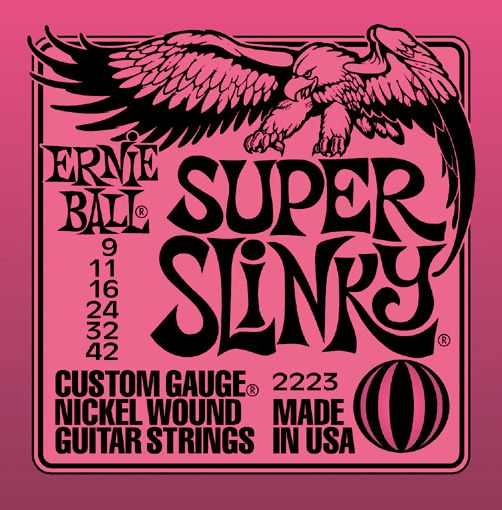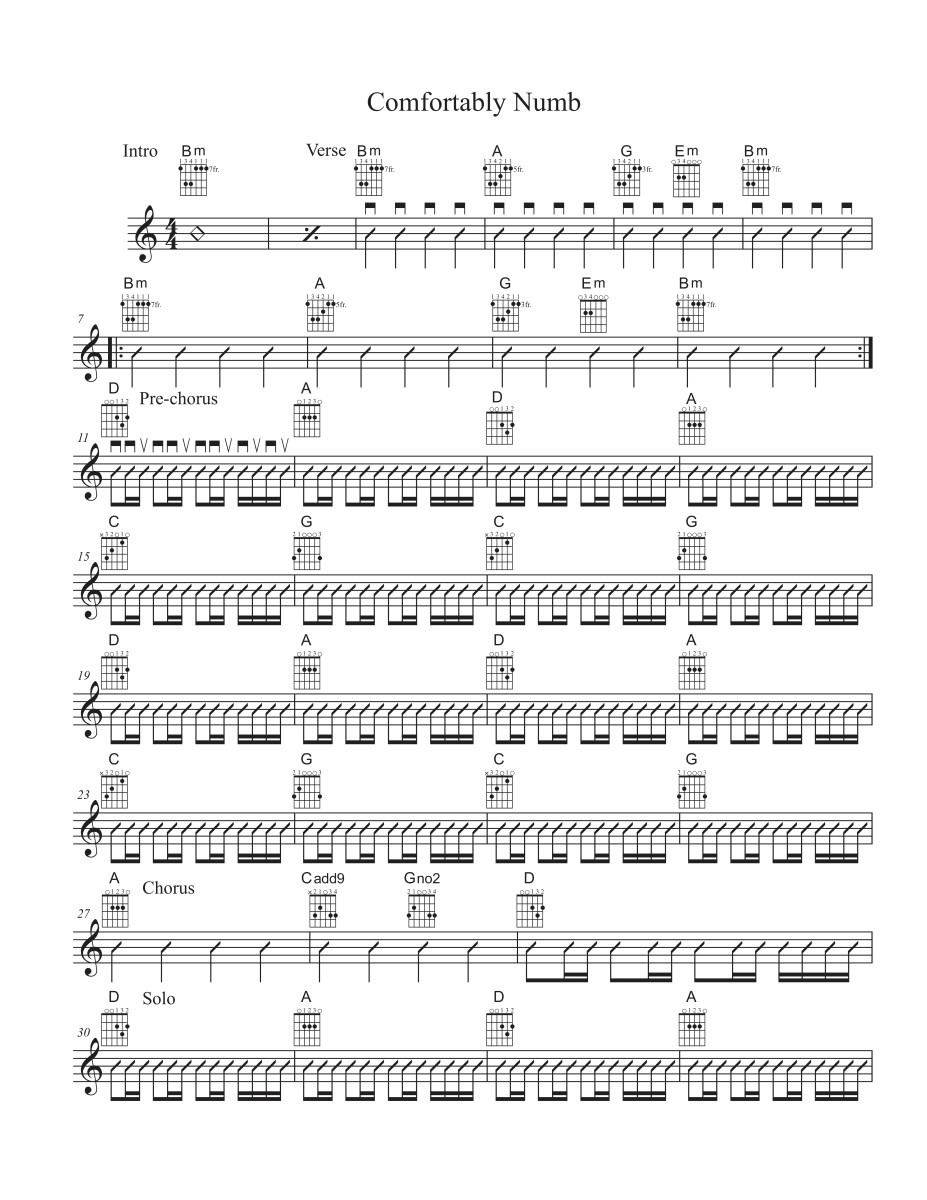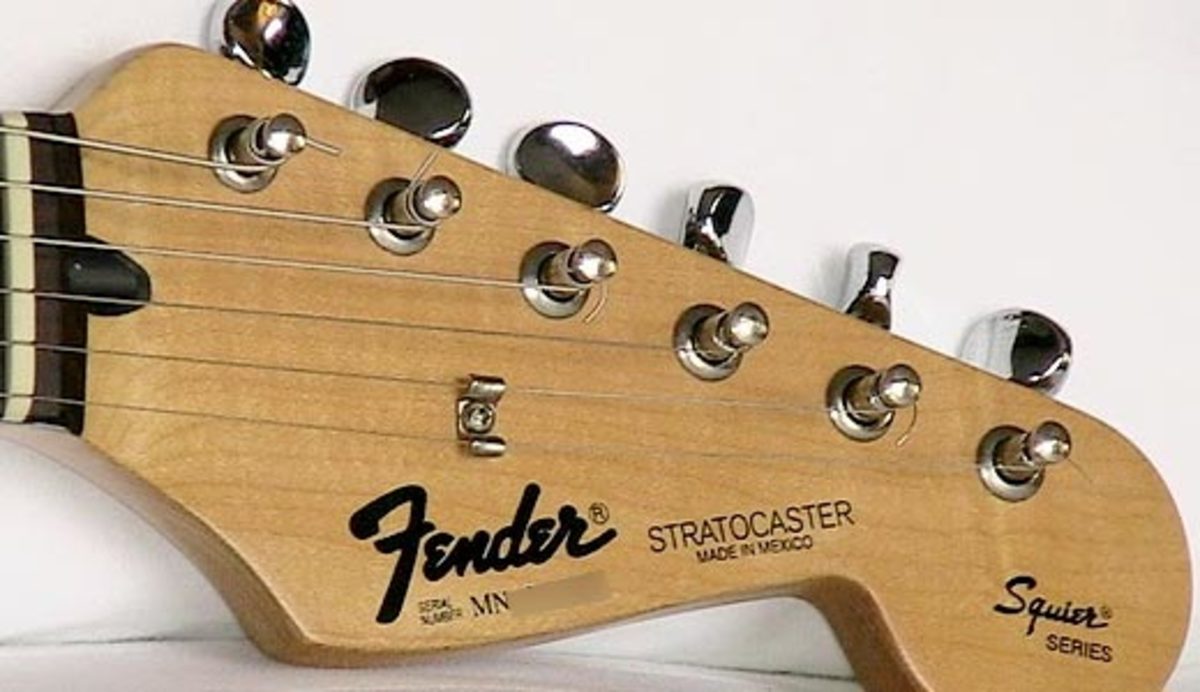Understanding Guitar String Gauges: How to Choose the Right Ones for Your Needs

Guitar string gauges refer to the thickness of the strings on a guitar. The gauge of a guitar string is measured in thousandths of an inch and can range from extra-light to extra-heavy. Different string gauges can affect the playability and tone of a guitar, as well as the amount of tension on the neck of the instrument.
Guitar strings are available in a variety of gauges, and the best gauge for a particular player or playing style can vary. Lighter gauges, such as extra-light or light, are generally easier to play and are recommended for beginners or players with smaller hands. They also tend to produce a warmer, softer tone. Heavier gauges, such as medium or heavy, can be more difficult to play but may produce a brighter, more defined tone. Extra-heavy gauges are often used for styles that require a lot of string bending, such as blues or rock.
Guitar players can experiment with different string gauges to find the combination that works best for them. It is also worth noting that changing the gauge of the strings on a guitar can affect the tension on the neck of the instrument, and may require the player to adjust the truss rod or have the guitar set up by a professional.

Choosing the Right String Gauges for You
There are several factors to consider when deciding which are the right string gauges for you and your playing style. Here are a few things to consider:
-
Playing style: Different playing styles may require different string gauges. For example, players who use a lot of string bending or who play in a style that requires a lot of grip, such as blues or rock, may prefer heavier gauges. Players who prefer a softer, warmer tone or who have smaller hands may prefer lighter gauges.
-
Personal preference: Ultimately, the best string gauges are the ones that feel and sound best to the player. Some players may prefer the feel of lighter strings, while others may prefer the added tension and brighter tone of heavier strings. It can be helpful to try out different gauges and see which ones work best for you.
-
Guitar type: The type of guitar you are playing can also affect which string gauges are best for you. Acoustic guitars with a wider neck may be able to handle heavier strings, while electric guitars with a narrower neck may require lighter strings to avoid excess tension on the neck.
-
Playing ability: Players who are just starting out or who have smaller hands may find lighter strings easier to play, while more experienced players may prefer the added challenge of heavier strings.
Ultimately, the best string gauges for you will depend on your personal preference and playing style, as well as the type of guitar you are playing and your playing ability. Experimenting with different gauges can help you find the combination that works best for you.
Conclusion
In conclusion, guitar string gauges play a significant role in the overall sound and feel of a guitar. Thicker strings tend to produce a fuller, warmer sound, while thinner strings offer a brighter, more articulate tone. The choice of string gauge ultimately comes down to personal preference and the style of music being played. It is important to consider the trade-offs between tone, playability, and durability when choosing the right string gauge for your needs. Ultimately, the best gauge for you may take some trial and error to determine, but the effort is worth it to achieve the ideal sound and feel for your playing style.









